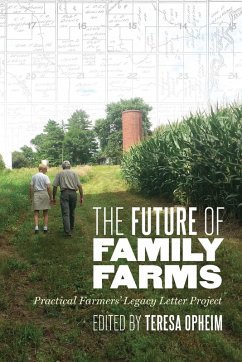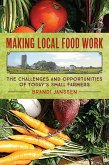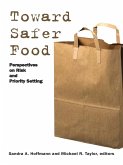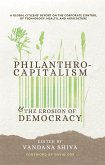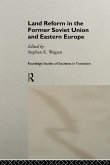A monumental transfer of farmland is occurring in the United States. The average American farmer is fifty-eight years old, and the 40 percent of farmland owners who lease their land to others are even older: sixty-six on average. Five times as many farmers are over sixty-five as are under thirty-five. What will happen to this land? Who will own it? What if one child wants to farm but can't afford to buy out the nonfarming siblings? What if keeping the farm in the family means foregoing the significant profits that could be earned from selling it? These sometimes painful and divisive questions confront many farmers and farmland owners today. How they answer them will shape their families and the land for generations to come.The Farm Legacy Letters project, developed by the member-driven nonprofit Practical Farmers of Iowa, is designed to help farmers and farmland owners think about their farm's future and talk about it with their families. An essential complement to handbooks on business succession, this book gathers the letters and stories of midwestern families about the land they cherish-how they acquired it, what they treasure most about it, and their hopes for its future. Some of the writers descend from families who have owned a particular patch of the earth since the 1800s, while others became farmland owners more recently-one as recently as 2015. Some are no longer farmland owners at all, because-after careful thought about what mattered most to them-they sold their land to the next generation of farmers.All of these writers hope that, by sharing their farmland legacies, they will encourage others to ponder and then write about the histories, accomplishments, challenges, and hopes for their farmland for the generations who come after they are gone.
Dieser Download kann aus rechtlichen Gründen nur mit Rechnungsadresse in A, B, BG, CY, CZ, D, DK, EW, E, FIN, F, GR, HR, H, IRL, I, LT, L, LR, M, NL, PL, P, R, S, SLO, SK ausgeliefert werden.

